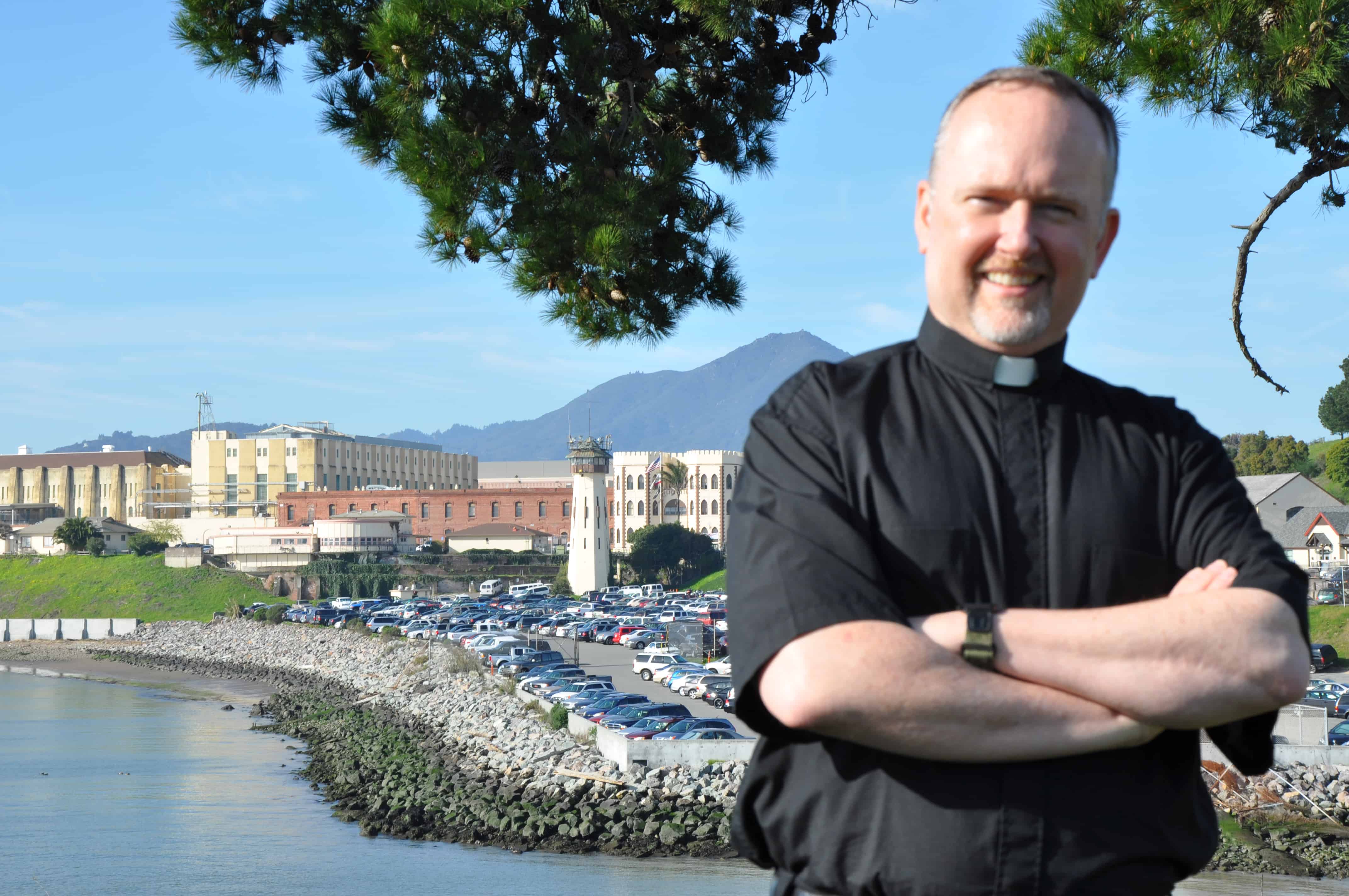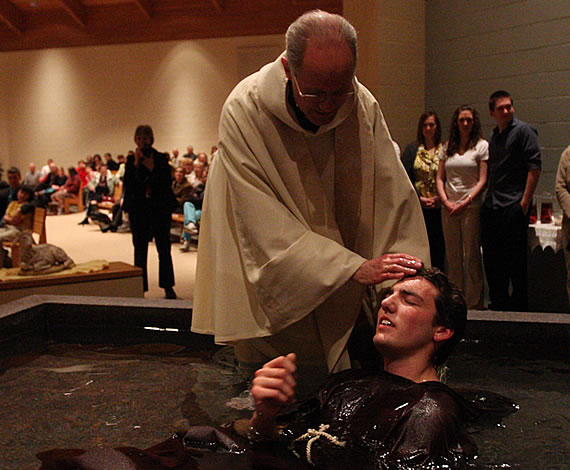How close is the Lord to us? Our readings this week suggest that, if we allow his Word to enter in, God is as close as our own heart.
When Moses brings the Ten Commandments down the mountain,
God’s statutes are literally set in stone, and their physical nature suggests a
permanent reality. In fact, though, the
true permanence of God’s law comes from it being written on our lives, by our
lives -- it’s about how we choose to live in the day-to-day that demonstrates
how we are living our relationship with God.
The Ten Commandments were the Israelites’ best guide to relationship,
and they are ours; they are God’s Word, a Word God plants – with love – in our
hearts. And our best chance at being in
right relationship with God is our attention to his Word.
By Jesus’ time (see this Sunday's Gospel), the Law has become an enormous set
of 631 rules to follow, and the Pharisees and scribes are so obsessed with the
tiny nuances of the laws they have multiplied that they have lost sight of that
key fact: that it’s all about relationship. Somewhere along the line, 621 extra rules
were added. Did they come from God?
No! Somewhere along the line, men
have decided that they know better than God.
But in their obsession with the letter of (their own) law, with their
own (humanly constructed sense of) perfection, Jesus tells them, they have closed their
hearts to God, and have forgotten the original Word of God planted in
them. And the result is chaos: evil
thoughts, blasphemy, arrogance and more.
The Letter of James brings us full circle: All
good giving and every perfect gift is from above. If the Word has been planted in us, if God dwells in our hearts, then all that
we do is a response, from the very depth of our being, to that Love that is in
us. We are to be doers of the word because, as the psalm tells us, One who does justice will live in the
presence of the Lord.
God dwells in us
by means of the Word planted in our hearts; we live in the presence of God when we do justice. What more perfect gift could there be than right relationship? But it’s up to us to open to it…
This reflection is based on notes from Fr. Pat's Thursday night Scripture Class.






















